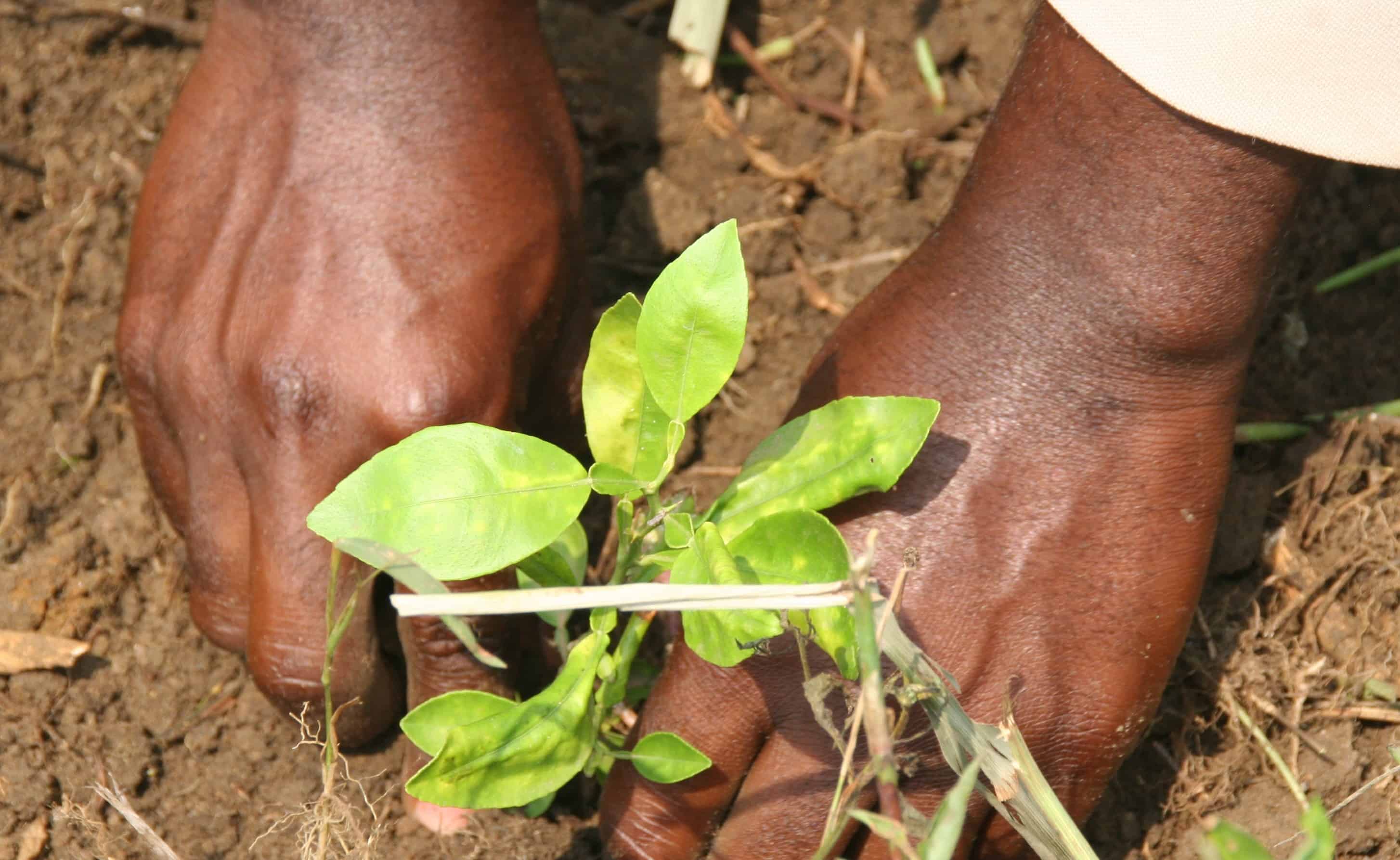Everything in Congo is so lush and green; the land overflows with vegetation, including the second largest rainforest in the world. And below the surface are some of the most highly concentrated mineral deposits in the world.
And yet . . .
- Exploitation of the country’s natural resources has fueled decades-long conflict.
- Endemic poverty perpetuates destructive practices such as subsistence farming and over-hunting in the basic struggles for food, fuel, and shelter.
- Trees are indiscriminately hacked for fuel or building material, destroying vegetation, animal life, and watercourses.
- Slash and burn clearing and single-crop agriculture further depletes the land.
In this context, students from the Christian Bilingual University of Congo (UCBC) have claimed the care of creation as a top priority in transforming their communities. They have formed a Creation Care committee with the following purpose statement:
“Being God’s stewards of creation, we are a university community that uses good management of resources, promotes voluntary action for creation care, and plays a role model in the entire community.”
Creation Care through Agribusiness
The Creation Care committee helps UCBC students and staff explore issues in environmental sustainability through conferences and exposés. Additionally, a theology of creation care and environmental sciences are incorporated in the service learning and agribusiness curriculum. Watch UCBC’s Agribusiness Program Manager, Subira Bonhomme, discuss agriculture in Congo and the vision behind the Agribusiness program at UCBC.
Creation Care in the Community
Creation Care reaches beyond the UCBC community through programming on Radio Tele Bilingue and workshops throughout the community. Creation Care’s impact stretches across local farmers and food producers, church communities, and development organizations.
Initiatives like creation care are part of what makes UCBC so unique. This is exactly the kind of forward thinking and innovation that will transform Congo.
We are privileged to partner with the Evangelical Environmental Network and Young Evangelicals for Climate Action (YECA) in providing ongoing education and opportunities for our UCBC campus community on these critical matters of environmental stewardship. In particular, we are proud that YECA’s first two international Climate Leadership Fellows were UCBC students (2014-15).

